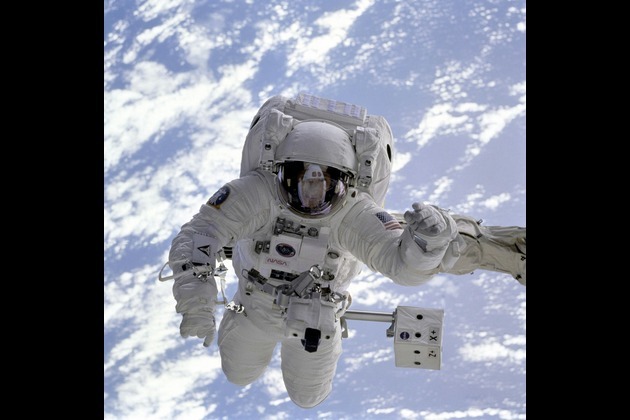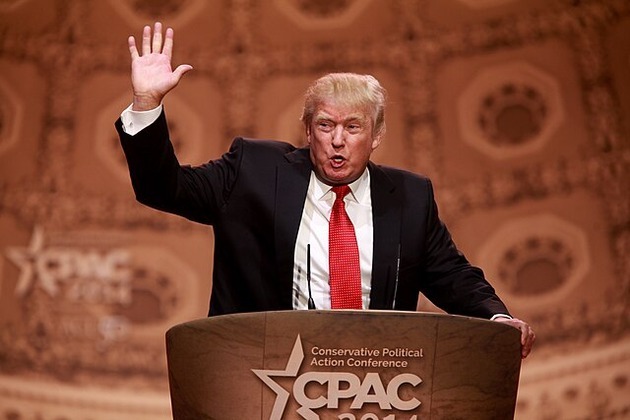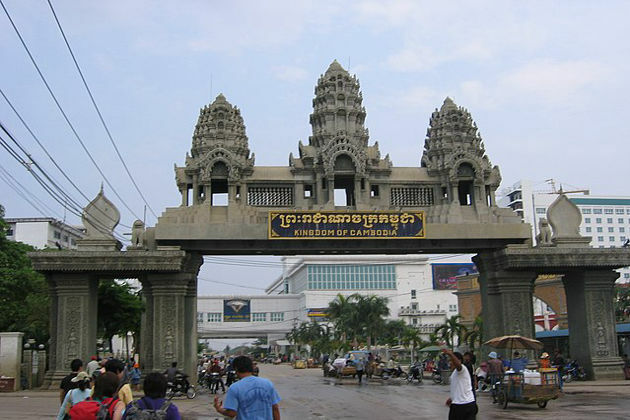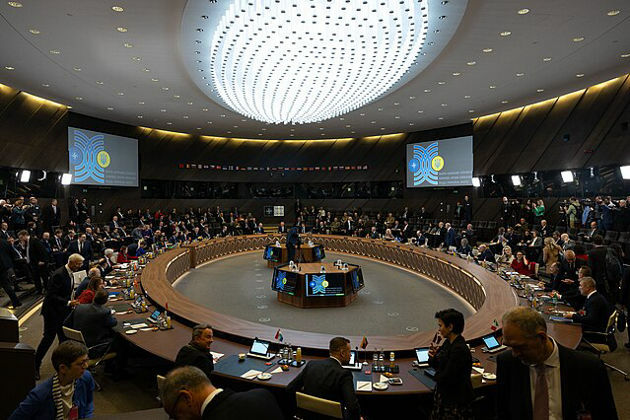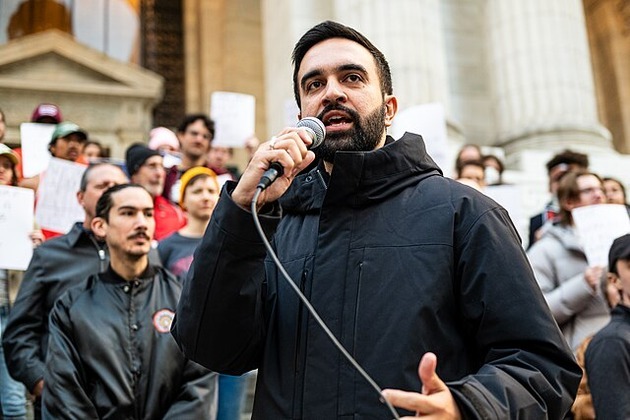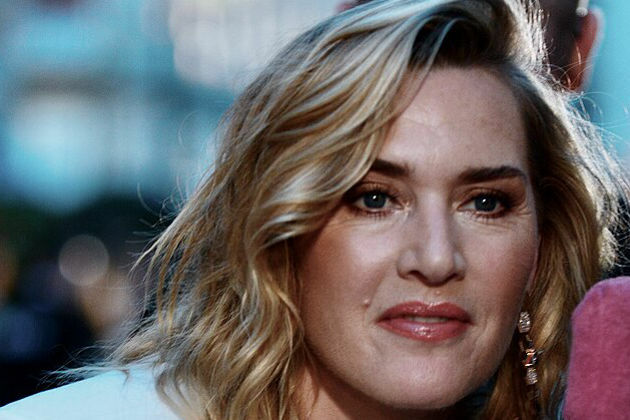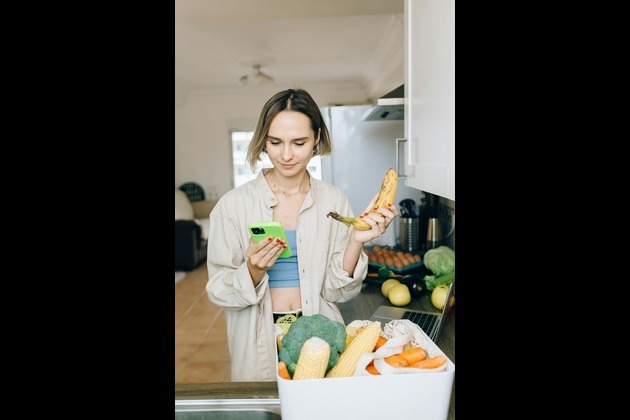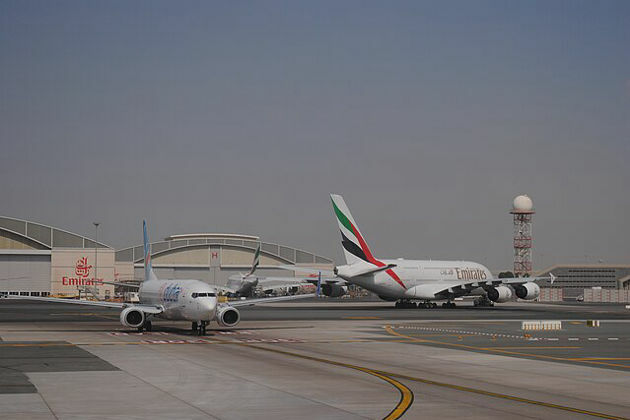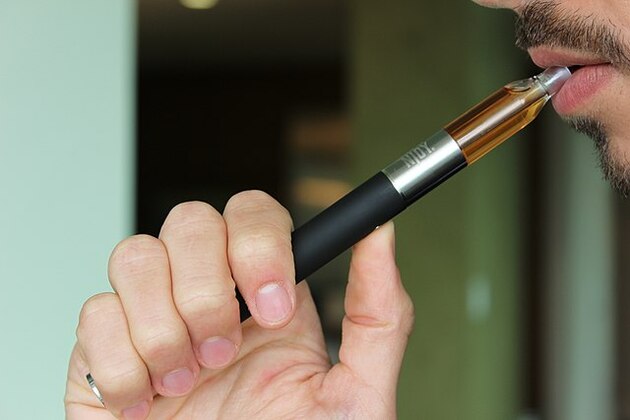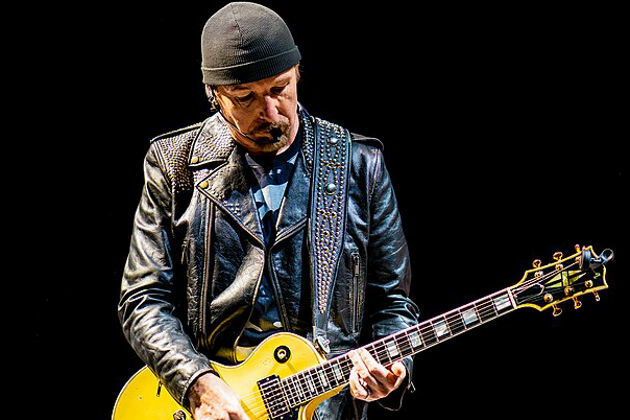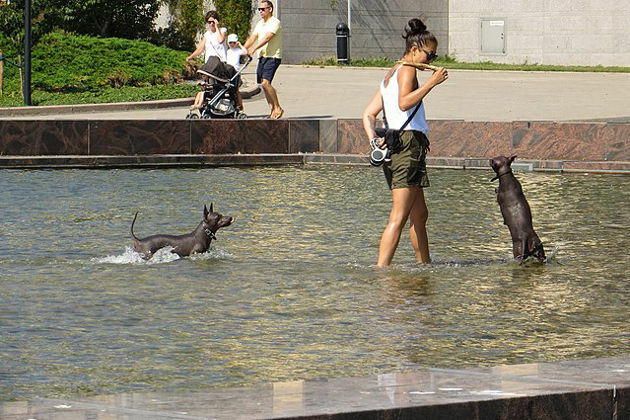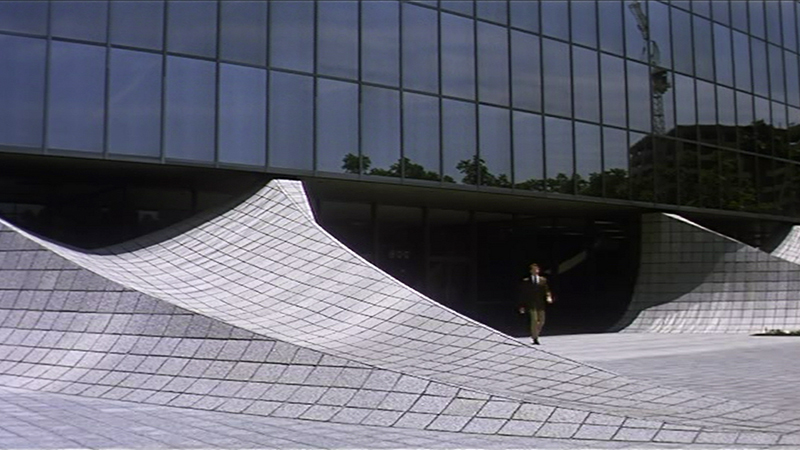Is stop and search contributing to the spread of COVID-19 in the UK?
The Conversation
09 Jul 2020, 20:11 GMT+10
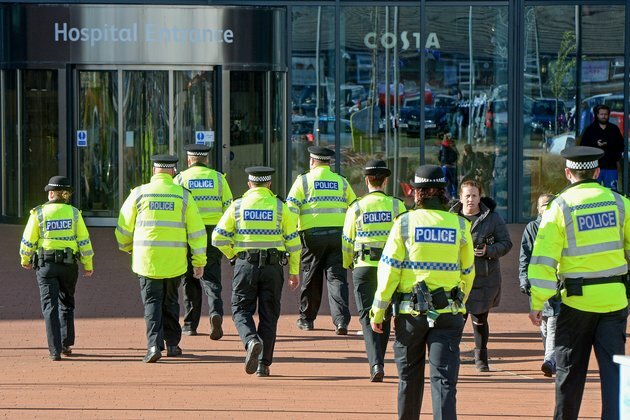
As I was finishing my one-hour walk of the day on the afternoon of June 11 2020, two officers from the Merseyside Police Force stopped me near where I live and work in Liverpool. The men, who were in civilian clothing, identified themselves by showing me their IDs and handcuffs.
The officers asked why I was walking slowly and what I was thinking about. The questions made me feel like I was a character in a dystopian film. Naturally, I refused to answer.
The officers were not using any personal protective equipment (PPE). I asked them to keep a two-metre distance. But instead of complying with the social distancing rule, the officers asked if I had illegal drugs on me. I told them that I didn't. They immediately demanded a full-body search. I was stunned that they were going to search me without using gloves or a mask. I refused to be searched without the necessary precautions.
Because PPE was not available to the officers where they stopped me, I was walked to the nearest police van and was asked to enter it. There were officers inside the vehicle and no one was using PPE. The gloves were passed between different officers with their bare hands before they were worn by the one who searched me. He didn't disinfect them, and I was too scared to ask for the proper use of gloves at that point.
I have worked with infectious diseases for the last seven years. I use mathematical models to predict whether new drugs that look promising in the lab against a pathogen have the potential to cure or protect people from the disease in safe doses. The mathematical models I build help study the potential of new drugs in limiting the transmission of a disease.
Recently, I started to use these models with potential COVID-19 drugs. So far, no drugs seem to have the potential to limit the transmission of COVID-19, so social distancing and physical protection are the only alternatives for the time being.
As I was being searched in the confined space of a police van, I recalled the steps needed to reduce the transmission of the disease: maintaining a two-metre distance, washing hands, disinfecting surfaces and using a face covering. None of these criteria were met during the search.
Guidance to the police focuses on the use of PPE for the protection of police officers and emphasises that "officer safety is paramount in responding to situations" while ignoring public safety. The guidance discusses "the possibility that infected occupants do not know that they are infected". The possibility that the officers themselves not knowing they are infected is ignored.
My experience of the police conducting a stop and search without proper PPE is not unique. British Olympian and gold medallist Linford Christie recently described the incident, recorded on video, of police dragging two international athletes, Bianca Williams and her partner, Ricardo dos Santos, away from their three-month-old child in a car "without one piece of PPE".
Similarly, the shocking video of police smashing the windows of the artist and rapper Ryan Colaco's car window and dragging him out of it also shows how the police did not use any PPE.
Earlier in May, during the height of the pandemic, a police officer grabbed the wrist of an ambulance driver and handcuffed him in London, again without using PPE.
Those incidents combine physical and psychological violence with what I would describe as biological violence, that is exposing people to serious disease through reckless physical interaction.
While physical and psychological violence can seriously harm or kill the direct victims, biological violence has the potential to spread from the victim to their immediate family and community through common routes of (viral) transmission making it potentially more dangerous.
Where are you from?
I was speaking in Arabic on the phone shortly before I was stopped. The officers took particular interest in my place of origin, asking where I was from many times while I was being questioned.
The Police and Criminal Evidence Act 1984 indicates that stop and search is authorised when there are reasonable grounds to do so. The reasonable grounds test requires that first, the officer must have formed a genuine suspicion that they will find stolen or prohibited items and second, that there is an objective factual basis for that suspicion so that a reasonable person would reach the same conclusion.
The motives behind the police stopping and searching someone are difficult to prove in any individual incident. What we know however is that Black, Asian and minority ethnic (BAME) people are up to ten times more likely to be stopped and searched compared with white people indicating that British police are institutionally prejudiced against this group of people.
We now know that BAME people in the UK are at a significantly higher risk of COVID-19 even when correcting for socioeconomic factors. While this vulnerability might have physiological explanations, Angela Obasi, a senior clinical lecturer at the Liverpool School of Tropical Medicine, argues that it might actually be the subtleties of racism that are putting this group at higher risk from the disease.
We do not know whether the police incidents with the athlete, the rapper, the ambulance driver or myself were isolated. However, police guidance on the use of PPE does not give the impression that protecting the public has been given serious attention. For these reasons, a public enquiry into police stop and search practices in the UK during the pandemic is urgently needed.
Author: Ghaith Aljayyoussi - Honorary Academic and Research Fellow, University of Liverpool 
 Share
Share
 Tweet
Tweet
 Share
Share
 Flip
Flip
 Email
Email
Watch latest videos
Subscribe and Follow
Get a daily dose of Liverpool Star news through our daily email, its complimentary and keeps you fully up to date with world and business news as well.
News RELEASES
Publish news of your business, community or sports group, personnel appointments, major event and more by submitting a news release to Liverpool Star.
More InformationInternational
SectionMexican President orders review of SpaceX environmental impact
MEXICO CITY, Mexico: Mexican President Claudia Sheinbaum said this week that her government is investigating possible environmental...
Historic ISS mission launches with crew from 4 different nations
CAPE CANAVERAL, Florida: In a landmark flight for three nations and a veteran U.S. spacefarer, a four-member astronaut crew launched...
U.S. government sues Maryland court over pause in migrant deportations
WASHINGTON, D.C.: In a striking escalation of tensions between the executive and judicial branches, the Trump administration has filed...
Thailand-Cambodia tensions rise as border rules tighten
BANGKOK, Thailand: This week, Thailand implemented land border restrictions, including a ban on tourists traveling to Cambodia, as...
Alliance eyes major military buildup to counter Russia
THE HAGUE, Netherlands: NATO is pressing ahead with a sweeping new defense spending target, calling on all 32 member nations to commit...
Mamdani leads NYC mayoral race in stunning upset over Cuomo
NEW YORK, U.S.: A political newcomer is on the verge of reshaping New York City politics. Zohran Mamdani, a 33-year-old state assemblyman...
UK
SectionKate Winslet's visit sparks profit jump at Ballymaloe Cookery School
DUBLIN, Ireland: Post-tax profits at Ballymaloe Cookery School rose by 53 percent in 2024 to 135,952 euros, helped by the buzz around...
Amazon still trails UK grocers on fair supplier treatment
LONDON, U.K.: Amazon has once again been rated the worst major UK grocery retailer by its suppliers when it comes to following fair...
Hundreds of flights worldwide were grounded over Israel-US-Iran attacks
NEW YORK CITY, New York: The escalation of conflict between Israel and Iran, compounded by the United States' military involvement,...
How Chinese vapes reach US stores despite import restrictions
LONDON/NEW YORK/CHICAGO: In suburban Chicago, just 15 minutes from O'Hare International Airport, a small customs brokerage quietly...
U2’s The Edge celebrates Ireland citizenship milestone
DUBLIN, Ireland: U2's legendary guitarist, The Edge, has hailed June 23 as a monumental day after he officially became an Irish citizen....
UK and France issue heat warnings as temperatures climb
LONDON/PARIS: British and French authorities have warned people to stay safe as an early summer heat wave brings unusually high temperatures...


